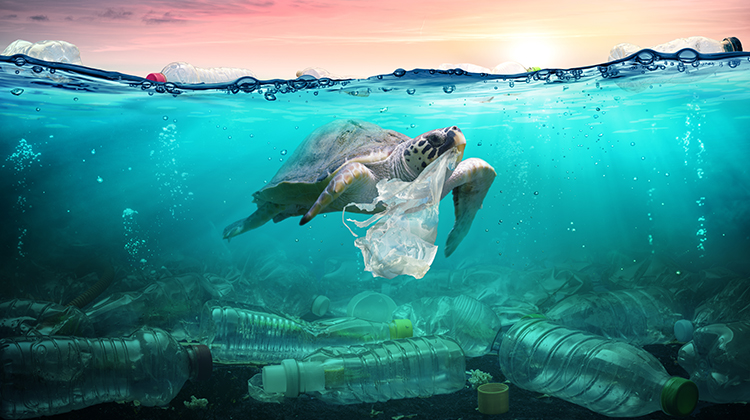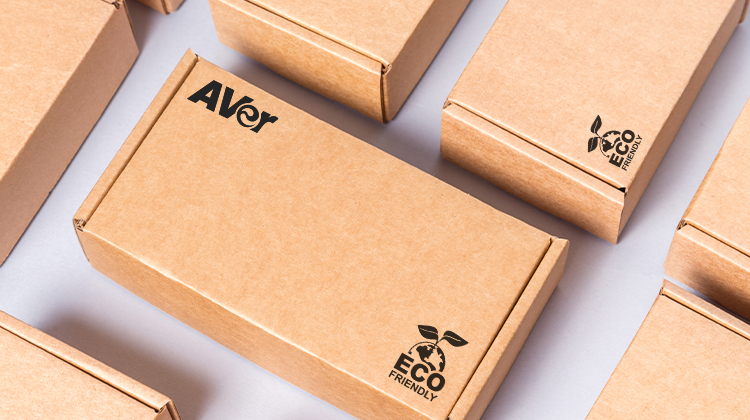Environmental talks have been around for years, and you have probably heard about it at various points in your lives, whether it’s from school, work, or the internet. But over the past few decades, the accumulation of waste production has increased drastically around the world, shedding light on an issue that can no longer be ignored.
Among all the commercial production, plastic generation is by far one of the biggest concerns due to its significant negative impact on the environment. To put things into perspective, in 2016, the global annual plastic production has reached 330 million metric tons, outclassing every other material that was used in packaging or construction. It’s been predicted that with the rate it’s going at, plastic production is expected to double within the next 20 years. To combat this, corporates around the world started pledging to improve their sustainability and reduce their plastic waste, emphasizing on the “environmental” aspect of the ESG.
What is ESG?
Before we get into the details about the current issue of plastic production, let’s start with the basics. The ESG we are talking about here stands for Environmental, Social, and (Corporate) Governance, and it is an approach used to evaluate the extent to which a company practices social goals aside from maximizing their own profit. The “E” in ESG focuses on measuring the environmental impact and sustainability of a corporate. In other words, it considers how a company utilizes its resources, such as material management and disposal, and how the business impacts the environment in the long-term. There are a lot of grounds that could be covered if we want to dive into the topic of ESG as a whole, but for today, we will focus on the environmental factor and specifically take a look at the importance of plastic reduction.

Plastics are Taking Over
As mentioned previously, the growing awareness and concern for plastic waste and pollution has risen over the years and plans to tackle these issues have become a core focus for many programs and corporates. To give an idea of just how serious it is, research have discovered that as much as 8 million tons of plastic end up in the ocean each year, causing extreme harm to the marine environment and all creatures who ingest it. What’s worse is that plastics take more than 400 years to degrade! You heard that right, so it’s no surprise that most of the plastic waste we humans produce still exist in the world today.

What has been done?
All this may sound grim and discouraging, but in response to these reports, people from all walks of life have come together to address this growing issue. Consumers have started to become more conscious of the negative impact that plastics have on the environment, with many preferring brands that have packaging that are biodegradable. Policy makers around the world have also proposed large-scale actions to ban plastic shopping bags and plastic straws. Likewise, many companies have made efforts to reduce their plastic waste by adopting ESG policies and focusing on their “plastic footprint”, which is essentially a measurement of how much plastic a company uses and where that plastic came from. Whether it’s from virgin feedstock or recycled/plant-based sources, the type of plastic used in packaging products is becoming more relevant than ever.
In the past, it was not common for companies to really know how much plastic is used in their packaging; however, with plastic waste continuing to be one of the world’s fastest growing sustainability issue, corporates are putting more effort and strategic consideration from an ESG perspective. As such, AVer has also been striving to reduce its plastic waste by rolling out plastic-focused initiatives. With the goal of reducing virgin plastic use, we have redesigned our packaging material to become more eco-friendly. For example, 80% of our packaging will be made from recycled wastepaper, while 97% of it will consist of recycled and renewable materials. Furthermore, to ensure we reduce the possibility of additional plastic pollution from discarded bags, all of our plastic bags will be 100% biodegradable.*
Plastic reduction has been gaining momentum as a major element of sustainability and a front runner of the ESG agenda in terms of helping the environment. With waste production showing no signs of slowing down, the need for action and change is more prominent than ever. We believe that with the public’s growing awareness and effort in reducing plastic pollution, more long-term sustainability strategy will surely be made in the future.
*The products that will have the eco-friendly packaging design are as follows:
VB342 Pro, VC550, MD330U & MD330UI, and many more to come.